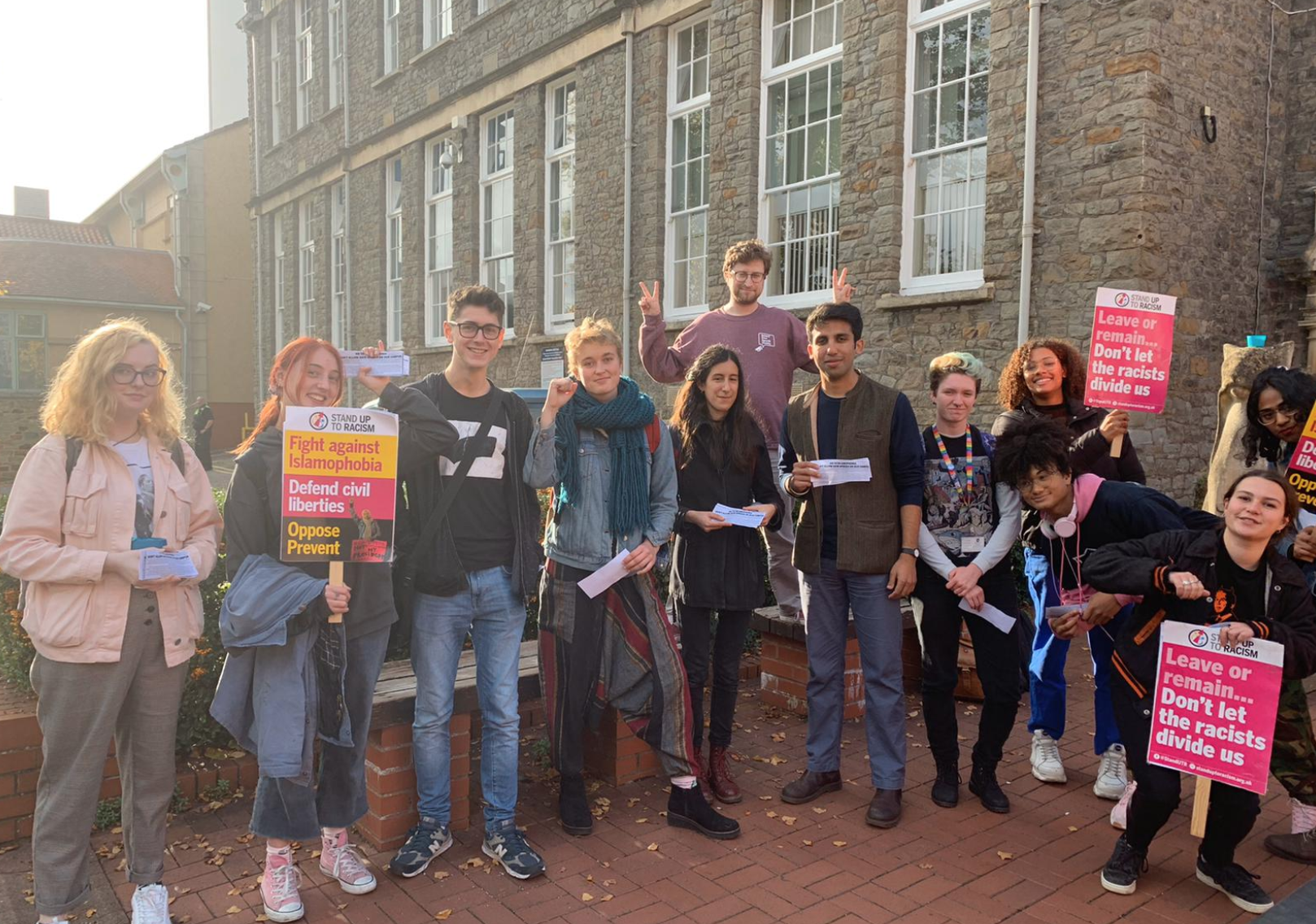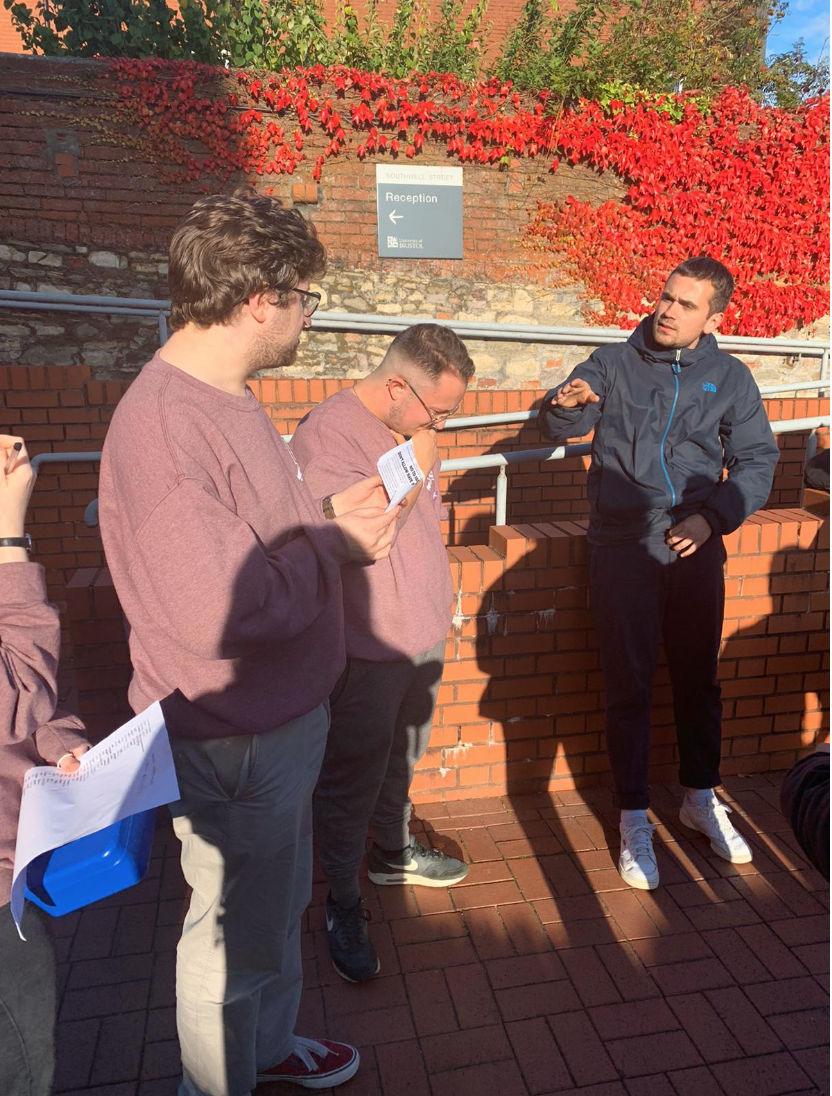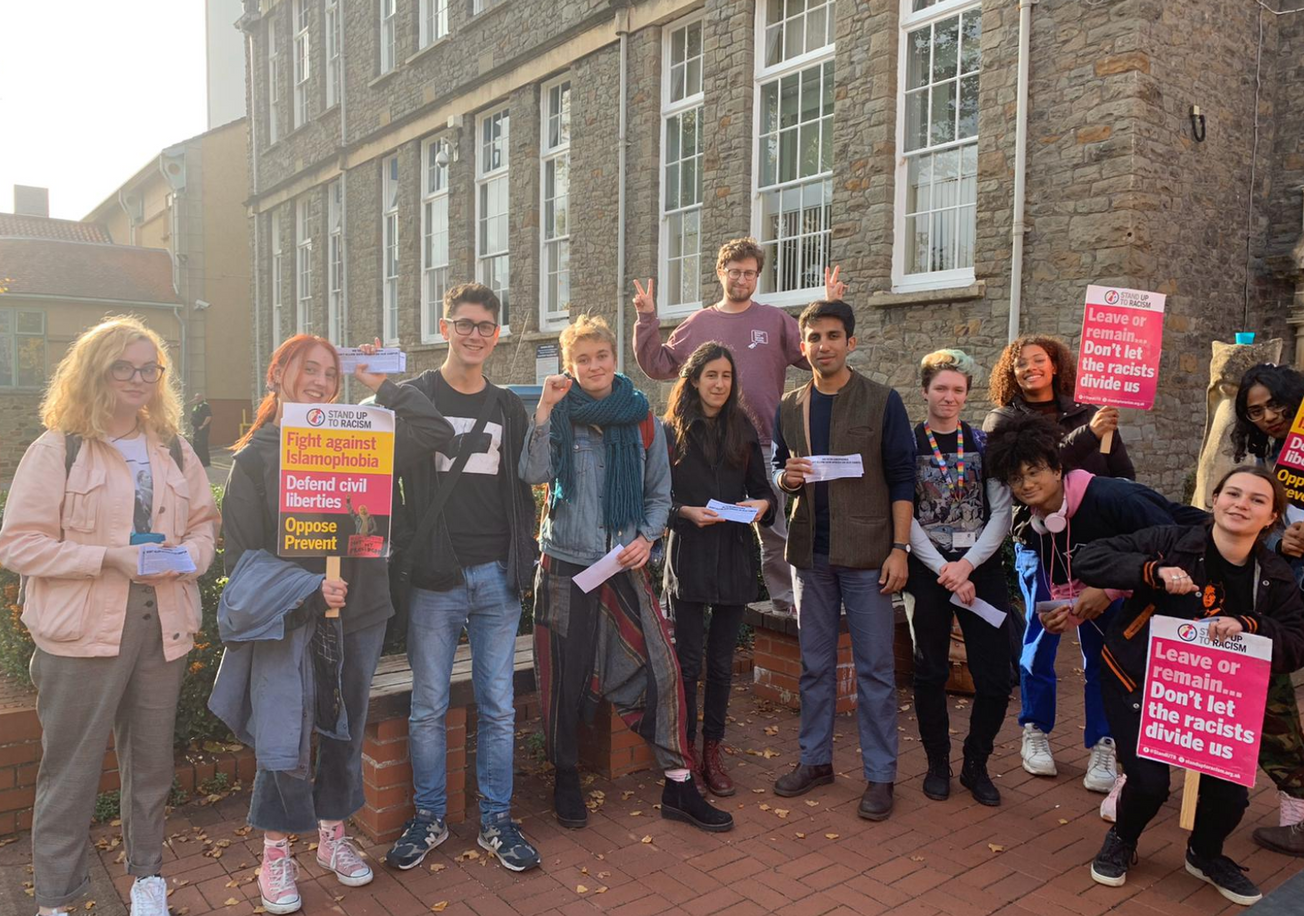By Brodie Neilson, Second Year, Philosophy and Sociology
At Bristol University there is a stigma against those with right-wing views. This has had a devastating effect on free speech at Bristol, meaning that people never get to hear from right wing speakers.
Nationally, concerns have been raised. Bristol’s Free Speech Society is still in its early stages but has already made significant waves across the student community.

In 2018 the UK Parliament’s Joint Committee on Human Rights investigated Free-Speech at universities, and concluded that universities are being threatened by ‘intolerant attitudes’. Harriet Harman, the Committee’s Chair argues that, ‘University Bureaucracy’ and the ‘Fear of Controversy’ has meant that many societies are scared to invite in high-profile speakers or engage with people who have different views to their own.
Emma Fox, a Research Fellow at the Henry Jackson Society was due to speak last year on ‘Extremism on Campus’ until an open letter released by the Islamic Society received nearly 500 signatures and several hundred of those expressed interest in protesting. Therefore, the event was cancelled jointly by the University and the SU due to safety concerns for attendees.

The Henry Jackson Society helped stream the talk online, bolstering the viewership to above 4,000 people, far above ticket sales for the actual event.
The talk was again held this academic year, on 16 October. At this event, the protesters were peaceful, handing out leaflets, with far less people than the two-hundred strong that were promised last year. A security team helped ensure the safety of the event. The protesters were invited into the event but declined.
Universities should be places where people should challenge themselves, and listen to lots of different opinions. Freedom to discuss controversial topics is a fundamental right of university students, and universities should ensure students can listen to different perspectives and different views.
‘People should challenge themselves and listen to lots of different opinions’
University is supposed to be a place where nothing is left unsaid and all is acknowledged. A place where people’s critical curiosity can be explored. Surely, then controversial speakers should be welcomed.
Those on the far left, that decided to protest this event, have their fingers in their ears. The only cure to hatred is more education, not less.

Stopping such speakers is futile. It is impossible in this day and age to silence an opinion. We live in the age of the internet, of YouTube, of social media. All that ‘no platforming’ does is change the context from the lecture hall to the basement, where no-one can challenge your ideas, where you will be driven further and further down the extremist rabbit hole.
Resilience through exposure is key. Stopping discussion only causes rifts and jealousies. Protests can be done in a civil manner, controversial discussion can be made and questioned whilst conserving respect for one another. Institutions should not be afraid of igniting debate. I say the Free Speech Society is doing a good job at challenging the status quo and ensuring that people are forced to hear different opinions.
Featured image: Epigram / Sabrina Miller
Do you think there is a problem with free speech at university?









